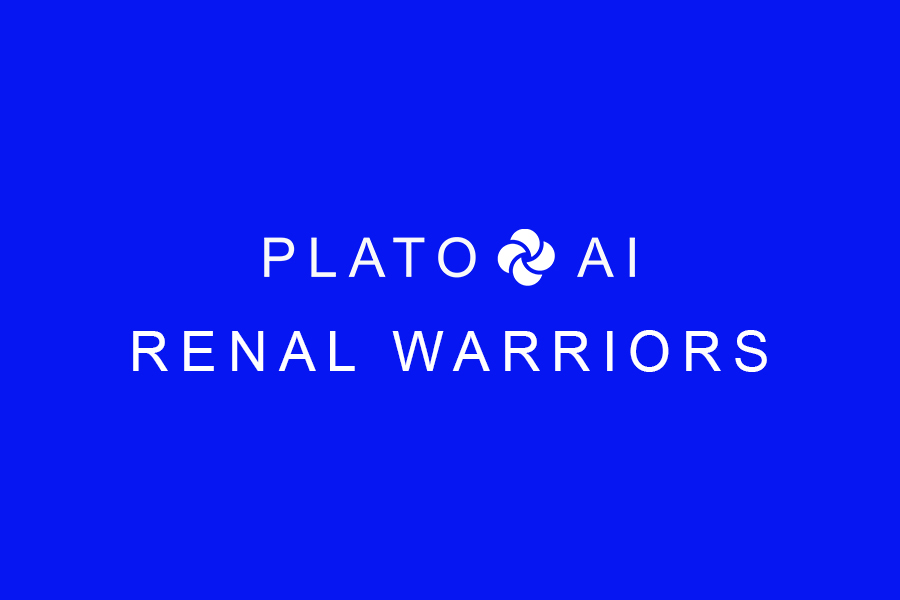Statins are a class of medications commonly prescribed to lower cholesterol levels in the body. They are one of the most widely used drugs for managing high cholesterol and reducing the risk of heart disease. Understanding how statins work and their potential benefits and side effects is important for anyone who has been prescribed these medications or is considering taking them.
How do statins work?
Statins work by blocking an enzyme in the liver that is responsible for producing cholesterol. By inhibiting this enzyme, statins help to lower the levels of LDL (bad) cholesterol in the blood, which can reduce the risk of plaque buildup in the arteries and decrease the likelihood of heart attacks and strokes. Statins may also have anti-inflammatory effects that can help improve overall cardiovascular health.
Who should take statins?
Statins are typically prescribed to individuals who have high levels of LDL cholesterol or who have been diagnosed with conditions such as atherosclerosis, coronary artery disease, or diabetes that put them at increased risk for heart disease. Your doctor will consider your overall health, medical history, and cholesterol levels before recommending statin therapy.
What are the potential benefits of taking statins?
The primary benefit of taking statins is the reduction of LDL cholesterol levels, which can help to lower the risk of heart disease and stroke. Studies have shown that statins can also help to stabilize plaque in the arteries, reduce inflammation, and improve overall cardiovascular health. In some cases, statins may also be prescribed to individuals with normal cholesterol levels but who have other risk factors for heart disease.
What are the potential side effects of statins?
While statins are generally well-tolerated by most people, they can cause side effects in some individuals. Common side effects may include muscle pain or weakness, digestive issues, and liver abnormalities. In rare cases, statins may also increase the risk of diabetes, memory loss, or muscle damage. It is important to discuss any concerns or symptoms with your doctor if you are experiencing side effects while taking statins.
How should statins be taken?
Statins are typically taken once daily, either with or without food. It is important to follow your doctor’s instructions and take the medication as prescribed. It may take several weeks or months for statins to effectively lower cholesterol levels, so it is important to be patient and continue taking the medication as directed.
In conclusion, statins are an important tool in managing high cholesterol and reducing the risk of heart disease. By understanding how statins work, who should take them, their potential benefits and side effects, and how to take them properly, you can make informed decisions about your cholesterol-lowering medication. If you have any questions or concerns about statins, be sure to talk to your doctor for personalized advice and guidance.
- The Renal Warrior Project. Join Now
- Source: Plato Data Intelligence.
- Source: https://renal.platohealth.ai/what-are-statins/

